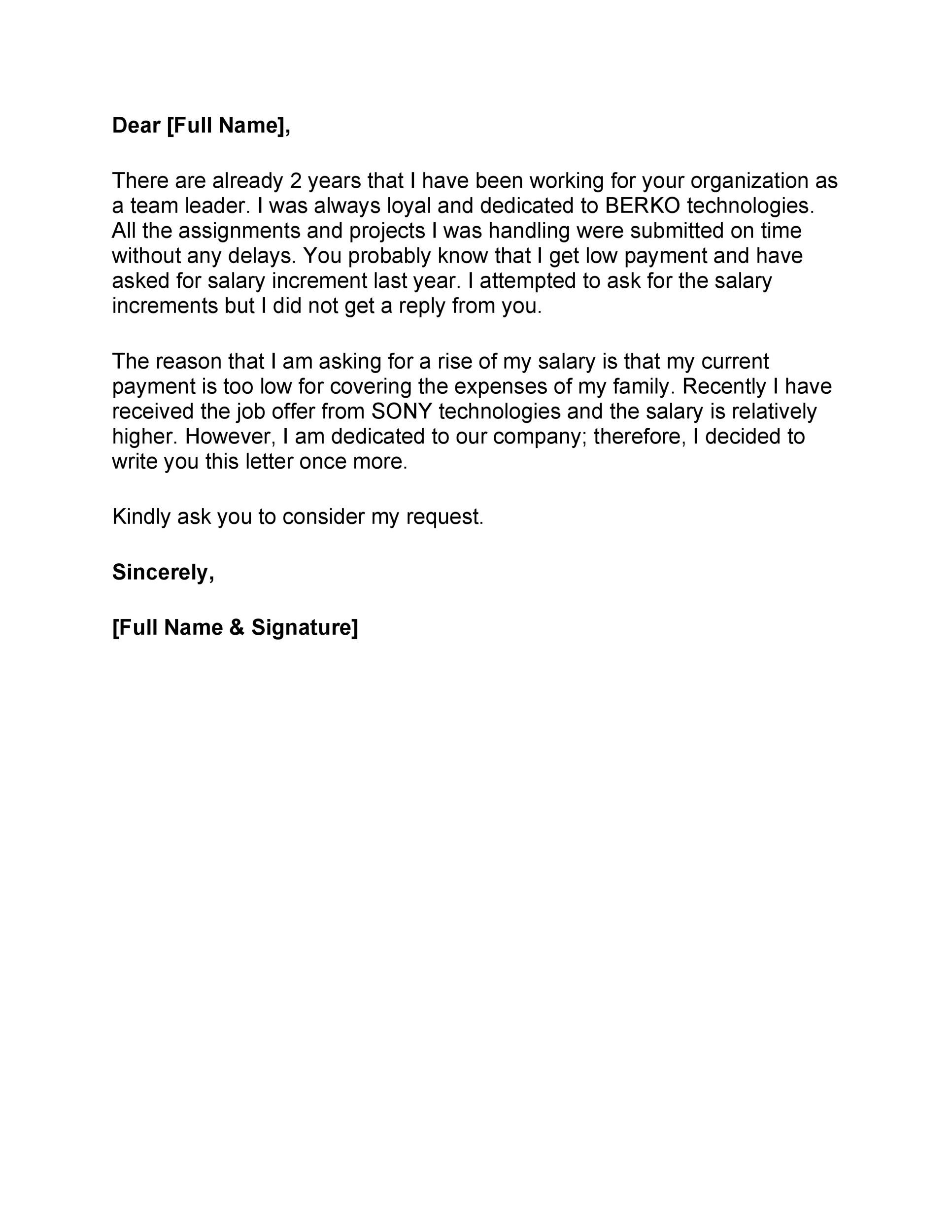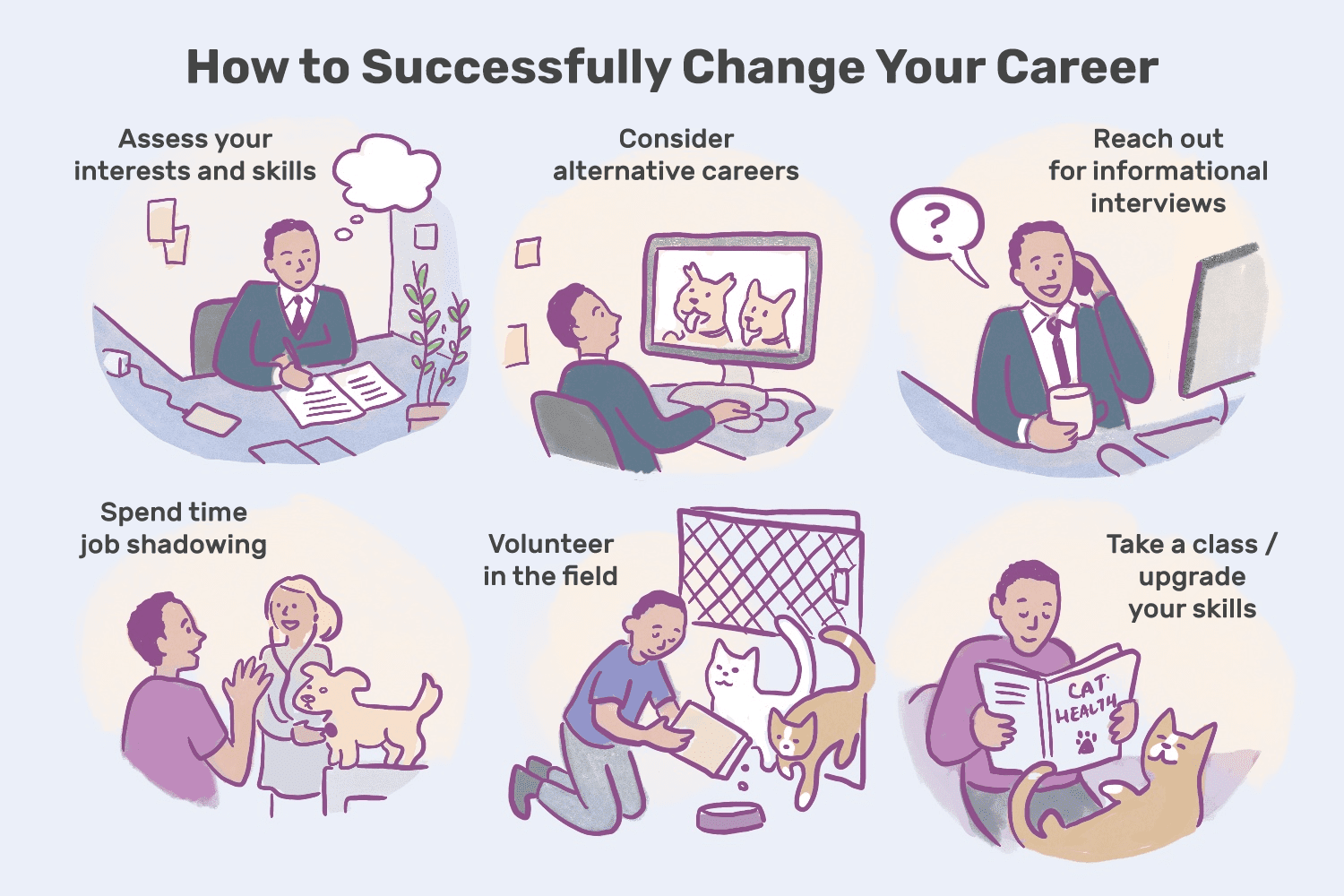
It is important to highlight your accomplishments and skills when creating a resume for a career change. Your most recent position should be listed at the beginning. You should include the most relevant accomplishments in each description and be aware of what the employer is looking.
Skills section
If you are looking to change careers, you will need a skills area that shows employers you can adapt and learn new techniques. Depending on the type of career you're seeking, this might involve a new job title or industry. In these situations, you can highlight your transferable abilities, which are skills that can be useful in many different fields. These skills include problem-solving ability, communication style, collaboration, openness to feedback, and the ability to communicate clearly. Hard skills, on the contrary, are more specific to one job or industry and include data analysis, programming, proficiency in various software, and proficiency. Some of these skills may overlap with job duties, though.
After listing your skills you can add your work record below. Your work history should consist of a series of bullet points that highlight one skill. To emphasize specific skills, you could also use phrases such "experience with" as well as "knowledge about". Other options include volunteering or personal projects that relate directly to the job.

Section on work experience
When writing the work experience section of your resume for a career change, focus on the experiences that are most relevant to the role you are applying for. Highlight the accomplishments you are most proud of, and the challenges that you faced in your previous roles. You can also mention volunteer work and community service that you've done in the past if you have taken time off. Include any short-term projects that you've worked on as freelancing opportunities. These are great for your resume.
You should include information about your education as well as any related degrees in the work experience section. Your competitive advantage will be given to you if you highlight your achievements. Be sure to include any degrees you have earned as well as the date you graduated.
Objective statement
It is important to have an objective statement on your resume in order to make a career move. This statement will help the hiring manager understand what you are looking for in a position. This statement will demonstrate that you are knowledgeable about the requirements of the job and possess the necessary qualifications. It will also make you stand out from the rest of the job candidates.
Your objective statement should be specific. You can apply most of them to any job, but you need to be specific in your industry or job search. You can't simply say that you want work at a successful company. Instead, be specific and show how your previous experience is relevant to the tasks you want to perform.

Cover letter
A cover letter to a job-changer should be both personal and professional. Although there are some general guidelines to follow, you should tailor your letter to each company. The letter should contain details about the company as well as why you are interested in joining their organization. The letter should also include a call-to-action at the bottom.
The main part of your cover letter should be two to three paragraphs long and emphasize your skills and work experience that relate to the new industry. Employers will be able to see what skills you have in previous jobs in the same field.